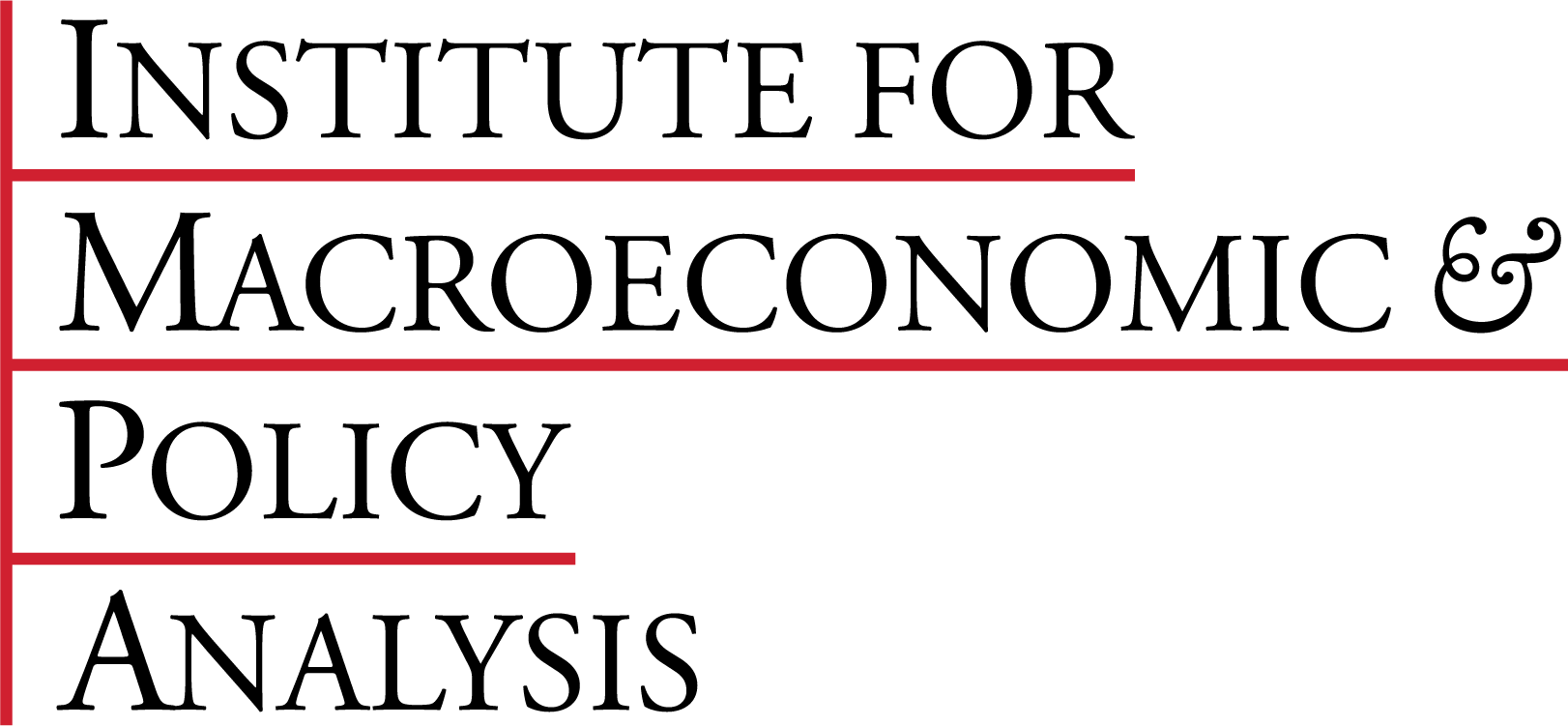This academic paper studies the relationship between firms’ decisions about capacity, its utilization, and inflation. To do this, we introduce endogenous capacity utilization into a New Keynesian (NK) model. In our model, firms set capacity under demand uncertainty, utilizing both an effort margin and capacity expansion to meet demand. This mechanism implies that firm-level productivity and desired markups depend on the capacity utilization rate, enabling us to derive three (state-dependent) results that have proven challenging for NK models. First, following an expansionary demand shock, the aggregate markup responds procyclically when desired markups rise enough to overcome the effect of nominal rigidities. Secondly, the labor share can respond countercyclically for reasons that are empirically consistent, namely, when labor productivity, propelled by the utilization of idle capacity, increases more than wages. Finally, inflation typically displays a hump-shaped response, but can also respond sharply during periods of high capacity utilization due to fast-rising markups and reduced productivity effects. We detail the conditions under which these results arise. Using Bayesian IRF matching, we illustrate that our model provides a highly plausible fit to the data. Our results underscore the importance of capacity for the macroeconomic debate surrounding the determinants, dynamics and distributional effects of inflation.

